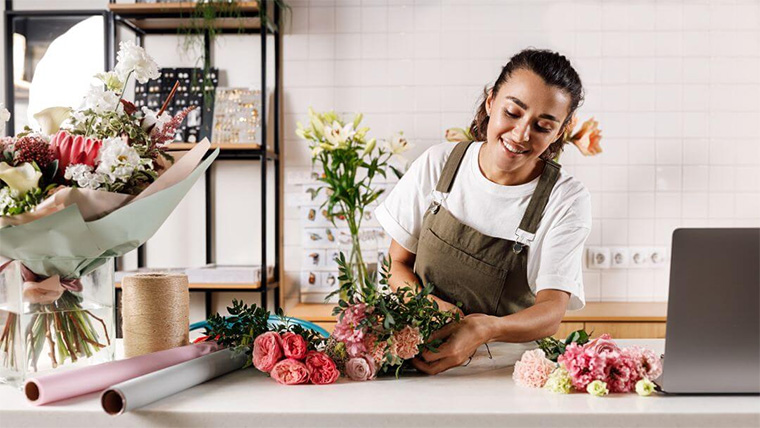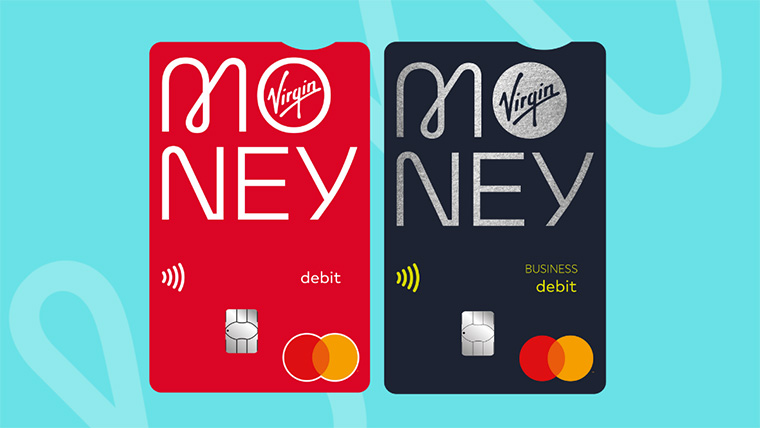
The essential guide to mastering your cashflow management

Do I need a business bank account?

How to improve your businesses cyber security

Agri E Fund: helping farmers create a greener future

When should I start paying into a pension?

What's the difference between a personal bank account and a business bank account?

Five ways to supercharge your business

Eight tips for starting a business from home

Five ways to start a savings habit - and make it last

Nine marketing tips that will help get your business noticed

Six successful business TikTokers to follow

Hoping for a holiday? Top tips on how best to save for your travels
 Business
Business
Boost your business's social media presence in ten simple steps
 Business
Business
How to start a successful business in 2022
 Business
Business
How I turned my side hustle into a thriving business
 Saving money
Saving money